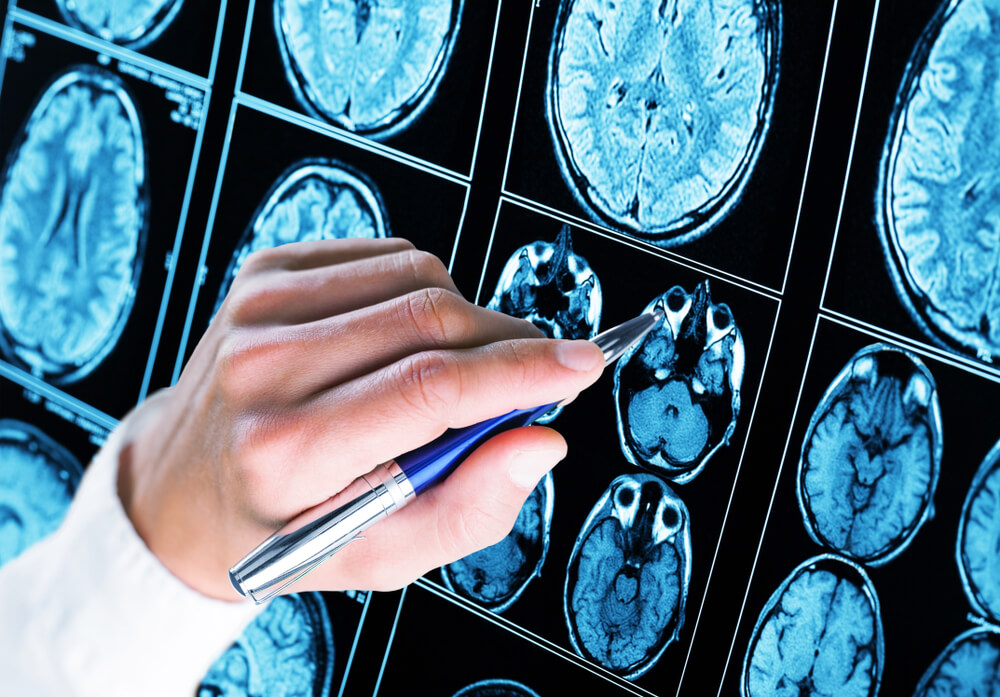
Epilepsy is a disorder of the brain in which people have a tendency to have recurrent, unprovoked seizures. “Provoked” seizures are those that are caused directly by some insult to the brain such as immediately following trauma, infection with fever, or medication reaction.
Seizure refers to a sudden storm of electrical activity in a portion of the brain (focal), or the entire brain (generalized).
NCES has a different approach in that our initial office visits are lengthy and comprehensive. You will be asked many questions about your background, life, medical history, and current symptoms. The goal is to ensure that nothing is missed. To help with this, please bring any pertinent past medical records. If you have previously seen a neurologist, had any prior MRI or EEG tests, please bring those reports. For MRI studies – please bring us a disc so the epileptologist can review the images. Please be advised that we may send you for repeat MRI testing if prior testing is deemed inadequate (for example if the prior test was performed on a low-power MRI machine or done without IV contrast).
Patients who have seizures during which they lose awareness or “black out” should not be driving until they are seizure free, on medication. New Jersey state law is strict about driving with an epileptic condition. However, once seizures are well-controlled, your epileptologist will give you the clearance to drive if they consider it safe. Patients whose seizures do not progress to loss of awareness (seizure aura only) may not have to stop driving, provided they do not have impairment of their vision and they have adequate warning to pull over if needed until the feeling passes.
Although each medication has its own side effect profile, there are some common features for anti-seizure medications. These medicines may cause tiredness, dizziness, or balance problems. Some are also associated with changes to mood or thought processing. However, the vast majority of side effects are mild and short-lived, so if you continue taking the medication, your body will adjust. Always reach out to your care team for any concerning side effects, particularly if you’re experiencing severe mood changes as a change might be needed. The goal of care at NCES is to prevent seizure activity while maintaining quality of life!
The outcome depends on the individual. For some people who have abnormal EEGs and hyper-excitable brain networking, there is a risk of more serious seizures in the future (the brain can “learn” how to seize more aggressively as time goes by). Untreated focal epilepsy is also associated with higher instances of cognitive problems (attention and focus issues and even dementia later in life). It is important that you discuss your concerns with your care team so that all the risks and benefits of medication can be addressed.
For diagnostic testing, the office will do everything we can to ensure that the maximum insurance coverage is obtained. If there is an out-of-pocket cost, we will work with you on a payment plan.
A: For medications, our team will always consider your insurance coverage and the affordability of the medications recommended. We will advocate on your behalf if a particular medication is necessary by filing prior authorization requests, appeals, and even discussing directly with the insurance company if needed.
Routine EEGs record about 30 minutes of brain waves, typically with a flashing strobe light and deep breathing test. This is essentially a brief screening exam to determine if there is epileptic activity. However, 30 minutes is often not long enough to catch abnormalities.
Long EEGs can range from 1-3 days or sometimes longer, depending what type of activity is seen. Long EEGs are used to capture any symptoms a patient is experiencing, to determine if it is related to seizure activity or not. It is also used to screen for “silent” seizures – also known as subclinical seizures. Often, patients are having tiny seizures that they aren’t aware of, and this can contribute to major problems with memory/focus/attention. Depending on the history of the patient, the epileptologist will determine if a long study is needed, and if overnight/sleep is required for diagnosis.
Please note that a normal EEG does NOT mean you do not still need an MRI – EEGs evaluate the electrical activity of the brain whereas MRIs evaluate the structure.
EEG tests require that you come in with clean hair (no product). The tech will scrub your scalp to apply electrodes with a special gel. This process is not painful (just feels like scratching). For more details, please go to the educational videos and watch the video for EEG testing.
If you are on anti-epileptic medication and you take your medication in the morning, please have blood drawn in the morning, BEFORE you take your medication. (In most cases, you do not have to fast, but check with your care team). Please take your medication immediately after the blood is drawn to ensure you do not miss the dose.
If your anti-epileptic medications are ONLY taken at nighttime, please have blood drawn as late in the day as possible. (You can eat/drink throughout the day).
In general, we prefer to collect all data first and discuss all results at your follow-up visit. However, if there is a concerning finding that needs more urgent action (starting on medication, additional testing, reaching out to other doctors), your care team will contact you immediately.
For many patients who suffer from migraines, there may be an electrical cause for headache symptoms. Your care team will work to determine your risk by asking specific questions in your initial visit. Rather than simply treating symptoms, our goal is to determine the underlying CAUSE and treat appropriately. NCES simply believes in going the extra mile for our patients.
